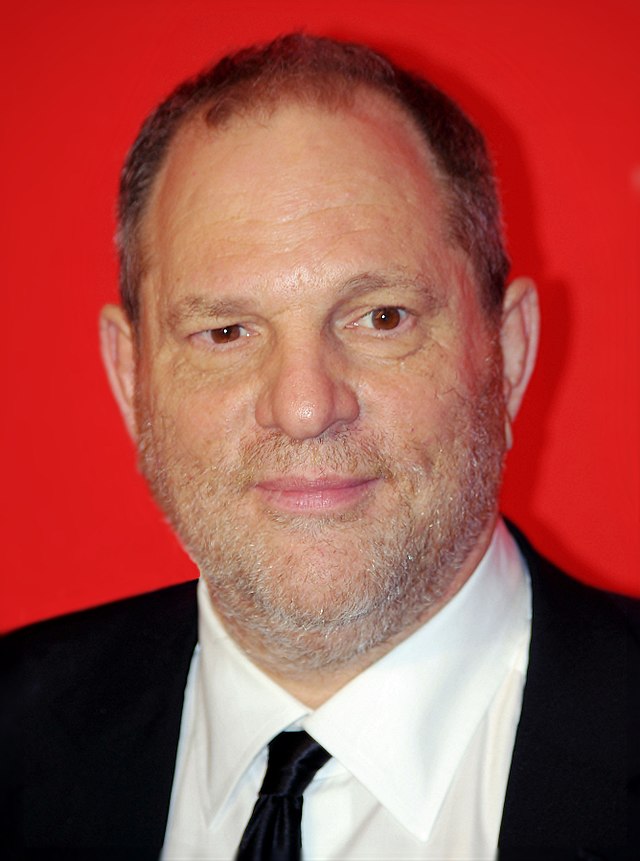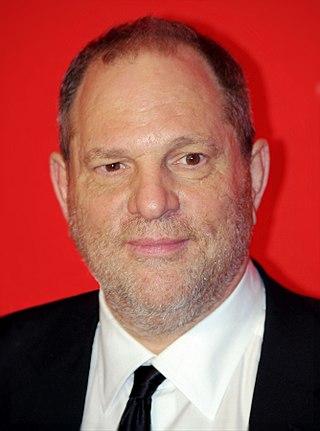Me Too movement
movement denouncing sexual assault and harassment From Wikipedia, the free encyclopedia
Remove ads
"Me Too" (or "#MeToo", with local alternatives in other languages) is a viral two-word hashtag used on social media in October 2017 to reject sexual assault and harassment, in the wake of sexual misconduct allegations against movie producer and executive Harvey Weinstein.[1][2][3]


The phrase, long used in this sense by social activist Tarana Burke, was popularized by actress Alyssa Milano, who encouraged women to tweet it to publish their experience to reject the widespread nature of misogynistic behavior.[4][5] In the manosphere, some people described the Me Too movement as misandric.[6]
Since then, millions of people have used the hashtag to come forward with their experiences, including many celebrities.
Remove ads
Impact
Tens of thousands of women replied to Milano's tweet, including:[7]
- Patricia Arquette[8]
- Thora Birch[9]
- Björk[10][11]
- Gretchen Carlson[2]
- Sheryl Crow[12][13]
- Viola Davis[12][14]
- Rosario Dawson[12]
- Ellen DeGeneres[15][16][17]
- America Ferrera[18][19]
- Lady Gaga[12]
- Heather Graham[10]
- Sarah Hyland[12][20][21]
- Monica Lewinsky[22]
- Melanie Lynskey[10]
- Marlee Matlin[23]
- Debra Messing[1][24]
- Anna Paquin[1]
- Pauley Perrette[24]
- Christina Perri[17]
- Emily Ratajkowski[21]
- Molly Ringwald[10]
- Anika Noni Rose[25]
- Jenny Slate[10]
- Gabrielle Union[2][26]
- Jessica Valenti[20]
- Elizabeth Warren[20][27]
- Evan Rachel Wood[12]
- Reese Witherspoon[28]
Some men, such as actors Terry Crews[12] and James Van Der Beek,[29] have responded to the hashtag with their own experiences of harassment and abuse.
On November 16, 2017, US Senator Kirsten Gillibrand of New York specifically referred to "the 'Me Too' Movement" when asked about allegations of sexual misconduct by politicians such as President Donald Trump, former President Bill Clinton, Senator Al Franken of Minnesota, and Roy Moore.[30]
The hashtag has been used in at least 85 countries.[31]
Remove ads
Related pages
References
Other websites
Wikiwand - on
Seamless Wikipedia browsing. On steroids.
Remove ads
